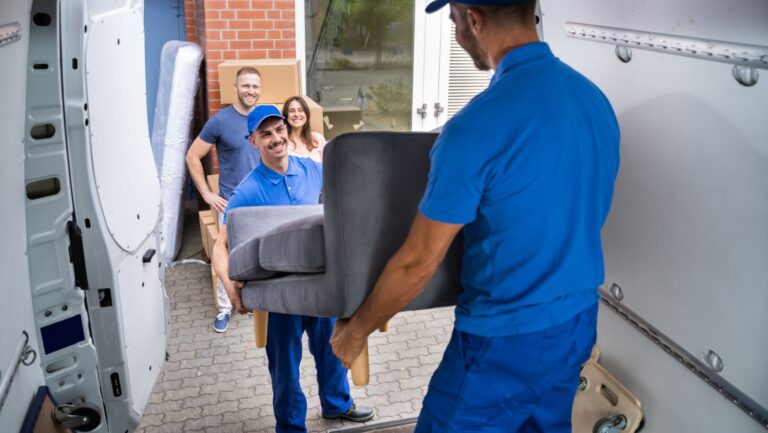A sale isn’t final, and it doesn’t satisfy the customer, until it’s delivered into her home, Patrick Cory said in a Home Furnishings Association seminar at High Point Market Oct. 21.
Cory was co-owner of Cory 1st Choice Home Delivery until its acquisition by J.B. Hunt Transport Services earlier this year. He holds a consulting role with J.B. Hunt.
Speaking in the HFA’s Resource Center, Cory stressed how easily a customer experience can turn sour at the final step by telling an anecdote about a former associate’s furniture purchase.
The husband thought the delivery crew did everything right. His wife’s response was dramatically different: “I never want them in my house again,” she declared.
What happened? One of the men had lingered over a photo of the couple’s teenage daughter, making the wife very uncomfortable. “The husband completely missed it,” Cory said.
If buying furniture is an emotional experience for many people, so is having it delivered into their home. Too often, Cory said, that experience can turn from positive to negative. And, if the customer shares her discomfort with friends or, worse, on social media or online review boards, the retailer’s reputation will suffer, and future sales will be lost.
Cory did not raise the issue, but even worse are incidents, including two in Florida this summer, in which delivery men were charged with committing crimes against customers.
Delivery requires investment

Most retailers don’t need convincing that delivery is critical. They strive to make sure customers receive the furniture they want when they are promised to get it, in perfect condition, with set-up or minor assembly done correctly. And they know that none of this is the least bit simple. On top of that, they might worry whether anyone on a delivery crew will offend a customer.
With all that to get right, Cory wonders why so many retailers put a lower priority on delivery than they do on other parts of their business, judging by the training and compensation they provide. During his career, Cory said, he’s found that the most successful retailers invest just as much time and money into delivery. Delivery people, like other employees, usually want to do a good job and respond well to the right training – especially if they’re motivated by fair compensation.
The investment makes sense, because poor delivery can cost more money than not making a sale – sometimes a lot more.
“You don’t want any product coming back,” Cory said. “Every time a piece comes back means you’ve lost money.”
Open the box and inspect the product
Customers can demand a return for many reasons, most of which can be prevented. One is a factory defect, a description that covers just about anything, Cory said. A second is damage in transit. “Furniture doesn’t like to travel,” he said. “It doesn’t travel well.” So, before taking the box from the warehouse, retail employees should open it and inspect the product. Otherwise, if a flawed or damaged piece of furniture is delivered to the customer’s home, the blame will be assessed to the retailer rather than to the manufacturer or shipper. And the penalty will be greater to the retailer.
The furniture will come back, at least temporarily, if the customer isn’t home when the delivery truck arrives. “You want to communicate with the customer at least two or three times before delivery,” Cory said. Communication takes the form of phone calls, texts, emails – whatever the customer prefers.
Sometimes a customer refuses delivery because he’s changed his mind about a purchase or isn’t satisfied for some other reason. Some customers can be just too hard to please. “You should never exchange something more than twice,” Cory said. “After the second time, give them their money back. You’ll never satisfy them.”
Delivery is expensive, and returns drive costs higher – not only in time and money but in wear on furniture. “Once a product goes out on a truck, it’s more likely to come back in a different condition,” Cory said. That kind of furniture often goes back to the warehouse – where it can stay for years. He’s seen that, Cory said.
‘Never give away free delivery’
All these potential pitfalls contribute to a compelling argument: “Never give away free delivery,” Cory said. “That’s a big mistake. What you’re giving away is a valuable service.”
Big e-retailers may promise free delivery, but dropping a box outside the front door isn’t delivery, Cory said. It also produces a high rate of returns. When explained what good delivery requires, customers are more willing to pay for it.
The opportunities are great over the next 15 years, as today’s young adults buy homes and raise kids, Cory said. But success depends on delivery.
“People are going to make a lot of money if they know what they’re doing,” Cory said.











